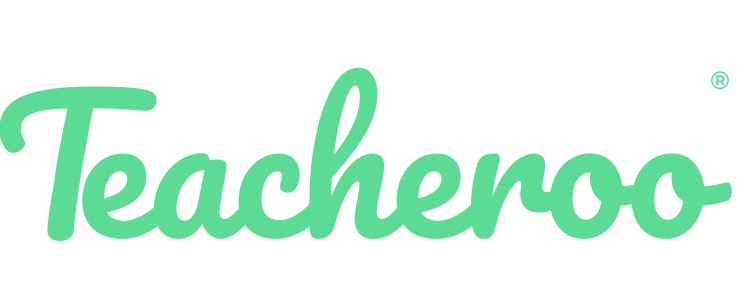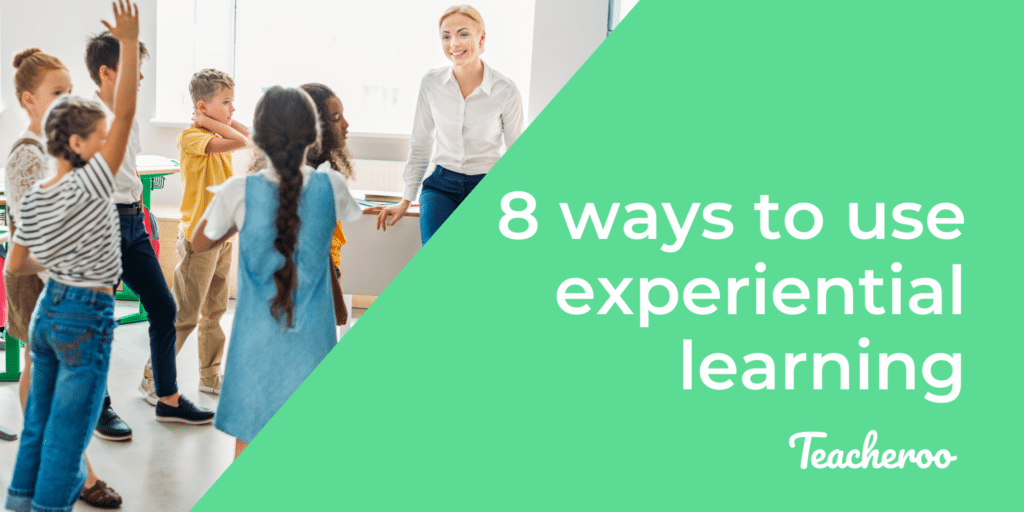What’s taught in the classroom versus what’s needed in the real world. This has long been a conundrum for teachers. How do you make theoretical lessons ‘oven ready’ to work in reality?
The answer: use experiential learning. Put simply, this is learning by doing. As students interact with information, it becomes real to them.
Kolb’s cycle
Not a bike but a book. David A. Kolb published Experiential Learning in 1984. In his seminal work he describes a learning cycle starting with concrete experience. This sees an individual or group assigned a task. Key to completing it is active involvement.
The second stage is reflective observation. This means stepping back to review what’s been achieved.
Next is abstract conceptualisation or making sense of what’s happened. Finally, active experimentation involves testing how to put what’s learned into practice.
In essence, students are encouraged to work things out. They’re guided rather than shown. And this proactive learning prepares them well for the future.
Rapid progression
We all know practice makes perfect. This is because repetition boosts our brains’ neural connections. It’s why sports stars train so often. They repeat the same movements over and over until they’re first nature.
When teachers incorporate this into lessons there are similar advances. Students make progress through experiencing repeated decision making. With each personal experience learning accelerates and retention improves.
Real world relevance
Algebra and many other theory-focused subjects can often seem irrelevant to students’ lives. Through experiential learning, however, teachers relate abstract lessons to life scenarios. For example, they offer an assignment with a real world situation where theory is used to solve a practical problem.
Make the scenario as topical and personal as possible to each student. Their learning experience is then guided by a unique perspective. It feels purposeful.
Role-playing
This employs a similar methodology. A teacher suggests a puzzling scenario and the students act out different roles to solve the problem.
This is useful for any type of training but particularly for communication skills. A direct example is in language lessons where students must think on their feet and find the right vocabulary.
Remember to make this form of experiential learning fun. Role-playing is also a great way of motivating creativity. Moreover, retention is boosted when a lesson is enjoyable. Inspired, on-the-spot problem-solving also enriches the entire classroom: actors and spectators.
Trial by error
We can all learn from mistakes. By engaging in experiential lessons, students discover which approaches work. They quickly discard those that don’t.
The very act of choosing is a valuable part of the learning process. Students realise their mistakes are friends not enemies.
Get out and about
Field trips are a great way to offer experiential learning. Take a biology class in a working farm. Chat about history in an ancient cathedral. Discuss STEM subjects in a state-of-the-art factory. Being immersed in such environments not only engages but directly links lessons to real world applications.
Questions and answers
Ask students to offer up questions about their lesson, then create their own answers. Next ask them to test each other with their questions. They will learn there can be different solutions to challenges. They will also learn from one another: an invaluable life lesson.
Life skills
Many experiential learning projects prepare students for their adult life. Soft skills are integral, including communication, self-reflection and problem solving.
Because they’re based on real-world activities and scenarios, some lessons are also career-oriented.
Above all, experiential learning puts students on a path of self-discovery. They learn about their own abilities and the power of collaboration.
Why not take steps on your own path of discovery by experiencing a world of shared ideas, news, online resources and top tips with Teacheroo?




